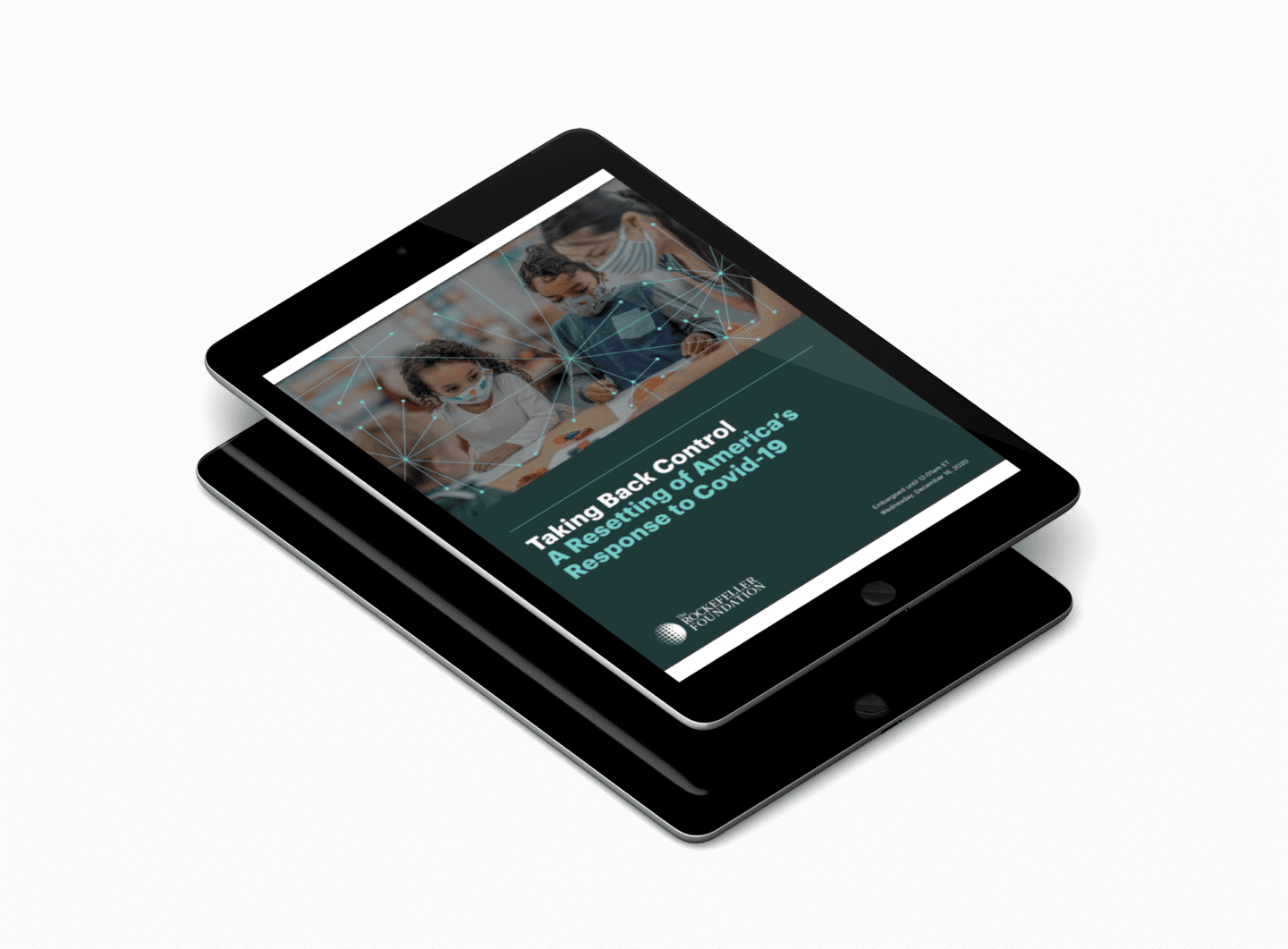As the nation enters a second fall season of the Covid-19 pandemic, the millions of Americans who live in Congregate Care Facilities (CCF) – assisted living facilities, memory care units, and independent living communities – continue to need to protection from the virus, particularly the more infectious Delta variant. But these residents also need to resume, as much as possible, the regular activities of daily life, including needed medical care, recreational opportunities and visits from beloved friends and family.
Although vaccinations can reduce the risk of Covid-19 transmission in these facilities, testing should continue to be prioritized as the consequences – death and severe morbidity – remain high in these communities. While the federal government has released testing guidance for federally regulated nursing homes, there is no guidance for CCFs that take into consideration different risk factors in these settings. A distinguishing feature of many CCFs is that they provide residential and care services but are not inherently medicalized facilities. The culture and regulatory requirements de-emphasize the medical model, which often results in fewer infection control procedures and medical resources.
In response, Duke-Margolis Center for Health Policy, with support from The Rockefeller Foundation, published updated technical guidance in September 2021 discussing how the effort to vaccinate the elderly and health care workers has lowered the risk for both vaccinated and (to a lesser extent) unvaccinated residents of CCFs, as well as how the new Delta variant has increased the risk of transmission within a facility. The update also discusses how new federal funding for testing as well as the increased supply of over-the-counter (OTC) tests has made implementing an effective testing program more straightforward. Finally, the report supplies examples of testing protocols that are adaptive to a community’s goals and underlying risk, and can and should be implemented to reduce community spread and protect the most vulnerable Americans.
The original report, published in January 2021, provides technical guidance to develop testing protocols to significantly reduce the risk of Covid-19 transmission and protect residents, staff, and visitors, as vaccination efforts scaled up. To help CCF administrators address these risks, this report includes detailed guidance on testing, an important added layer of protection to reduce risk of Covid-19 and better inform decision making should an outbreak occur. Building off the Covid-19 testing framework published in September 2020, the report recommends that testing protocols be customized for individual facilities based on a risk assessment and provides testing strategies based on low, moderate, higher, and highest risk.
Get quick updates in our e‑newsletter.
Related Updates

Taking Back Control: a Resetting of America's Response to Covid-19
Our third Action Plan lays out a new plan for the largest domestic testing scale up to date and proposes 14 executive actions for the current and incoming administrations to take in order to rapidly alter the trajectory of the pandemic in the United States. Testing all U.S. public K-12 public schools would cost $42.5 […]
More